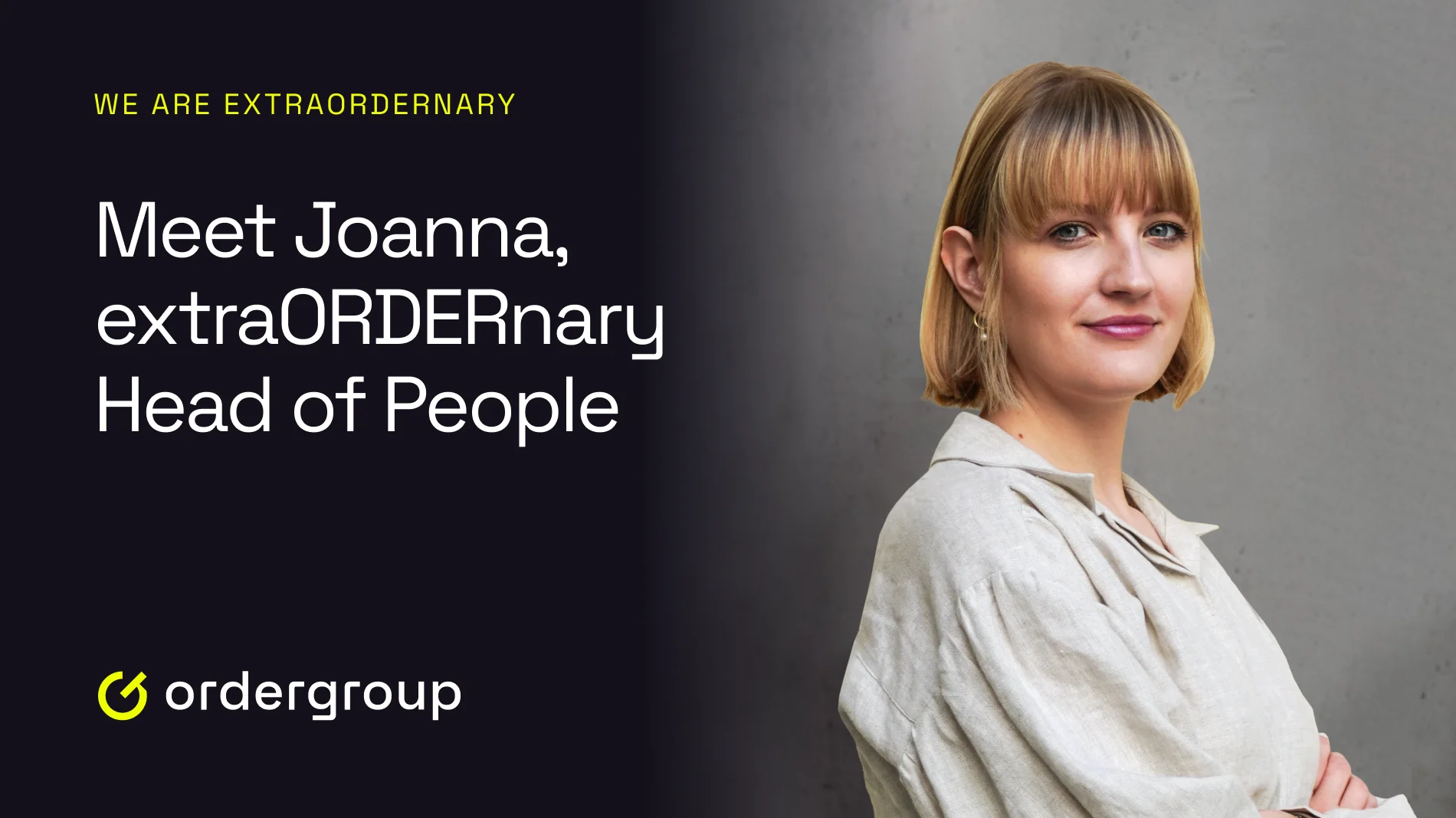After finishing my studies, I applied to several places, including Order Group. I had known Filip since we were young, and I knew he had started a firm specializing in web apps, so I contacted him.
Despite lacking commercial work experience—my background was purely academic, and some work on Poltergeist—I performed well in the interview and received a job offer almost immediately.
I worked there for about six months, and the experience was incredible. I got to work with modern programming languages for the first time and contributed something valuable to the team, too. I was the only person at Order Group with experience in modern PHP frameworks, and my first project required exactly that expertise.
However, come spring, I decided to explore other opportunities and left the company to freelance.
During this time, I continued to work on Poltergeist and another cultural portal, but my primary source of income was Topcoder. It’s a platform where corporations submit their technical challenges, which any developer can take, and if their solution is top or second-top rated, they get the money.
I won about 50% of these challenges and eventually became part of the review board.
However, after a couple of years of freelancing, I started craving more stability and structure to align my job with my long-term life goals and career aspirations. So, for the second time, I began to look for full-time work.
This was around the end of 2020 and the beginning of 2021. Despite many industries struggling then, the IT job market was booming. So, I sent out a few resumes and, just like the first time, reached out to Filip to see if they were still hiring.
Within 30 minutes of wrapping up our conversation, I received a message saying they'd be happy to have me back.
And I was more than happy to return.



